Complete Artisanal Tile-Crafting In Majolica
October 23, 2018 by cassn
The rise of industrialization during the Victorian Era enabled both the mass production of a type of glazed pottery known as majolica as well as its spread to the Far East, including Japan, China, Taiwan, and Southeast Asia. The name “Majolica” comes from the Spanish name for the island of Maio (Cape Verde), which became renowned for (and later synonymous with) its export of high quality colorful glazed pottery tiles.
In Majolica, players are tile artisans firing orders for majolica tiles in their workshop to complete orders for the city. Players draft tiles off a central board into their player workshop. Tiles can be drafted in one of three ways.
Players can draft an entire row or column of tiles, or draft a single and take an order card to assign to their workshop, or draft a single tile and rearrange their current orders in their workshops.
Each player board contains four workshops, and each workshop has specific conditions which need to be filled to make the kiln fire. For example, in the first workshop, players must have two sets of three tiles of the same colour in the workshop to make it activate.
Once the workshop has activated, it will assign a set number of tiles to complete the order. Remaining tiles are then moved to the next workshop. Tile may also be broken by apprentices in some workshops, allowing a way for unnecessary tiles to be discarded.
When all workshops have been completed, artisans will have their tiles displayed at city hall and be rewarded by the city with a special tile which they can then place in their workshop. Points are calculated at the end of the game, and the player with the most value of completed orders wins!
Majolica had the unfortunate happenstance to be released at the same time as a game with a similar aesthetic, Azul, which won the Spiel des Jahres earlier this year. However, despite their similar look, mechanically both games are very different.
Overall, Majolica is an incredibly interesting tile drafting game with a beautiful theme and engaging mechanic. It will be previewing at Essen Spiel this weekend.
What game are you most excited for at Essen this year? Tell us in the comments!
"The name “Majolica” comes from the Spanish name for the island of Maio (Cape Verde), which became renowned for (and later synonymous with) its export of high quality colorful glazed pottery tiles."
Supported by (Turn Off)
Supported by (Turn Off)
Supported by (Turn Off)





























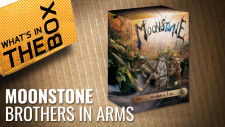




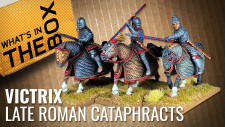






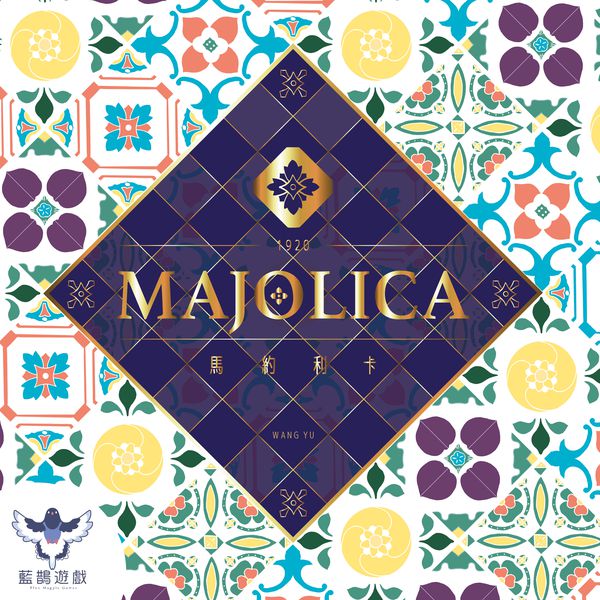
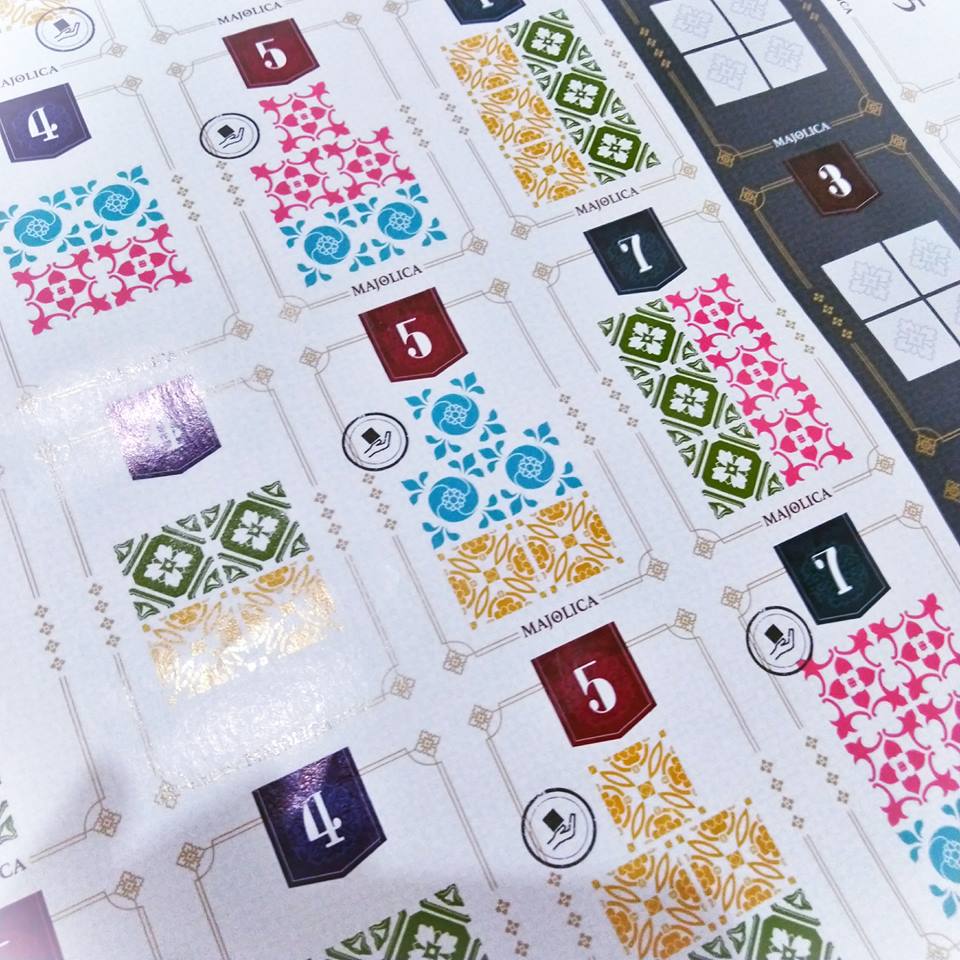
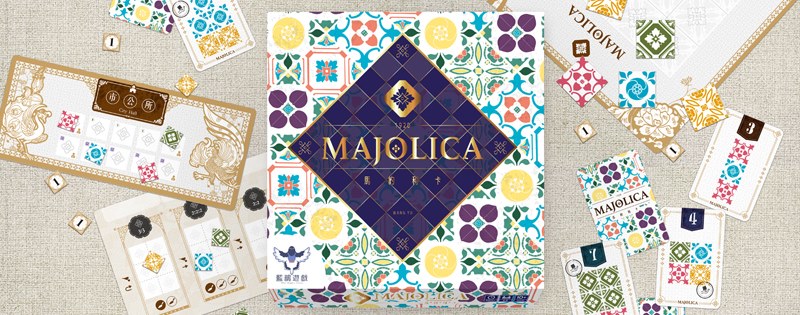











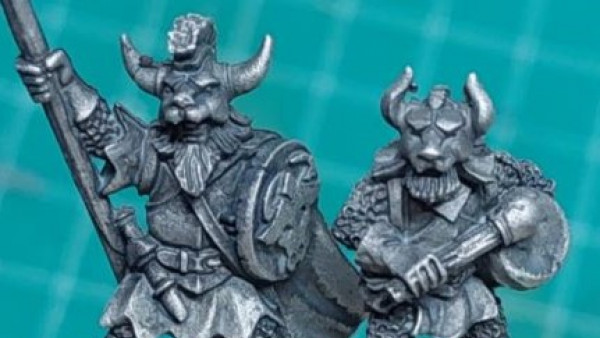

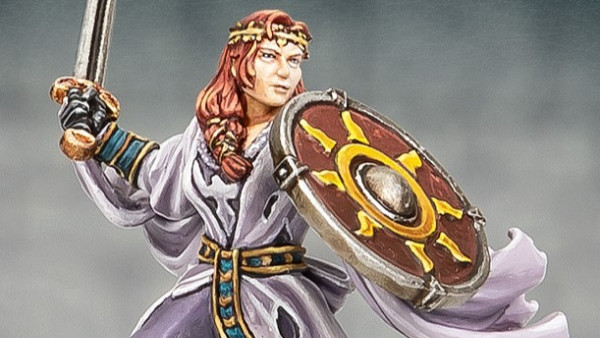

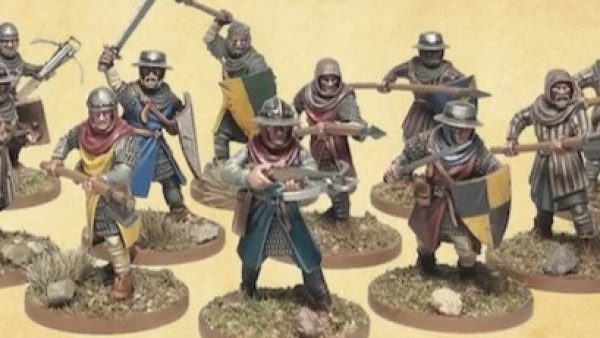






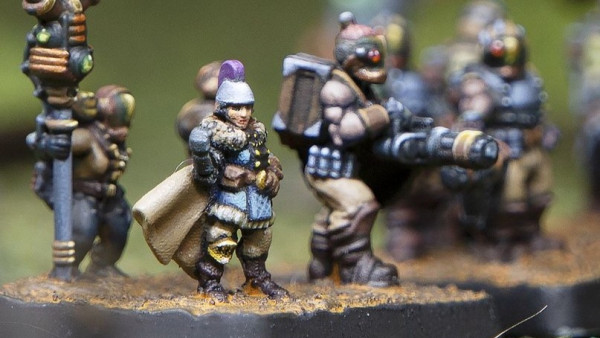
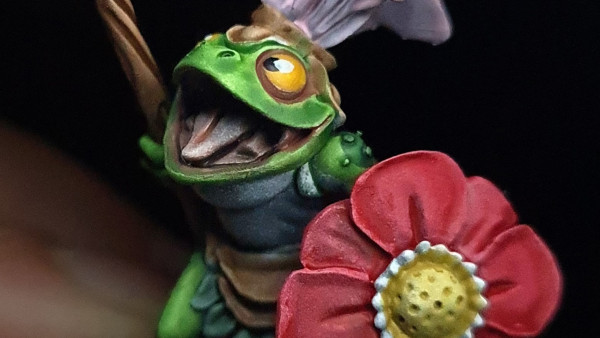
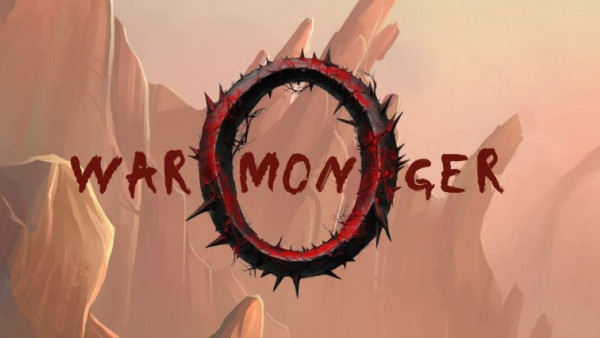



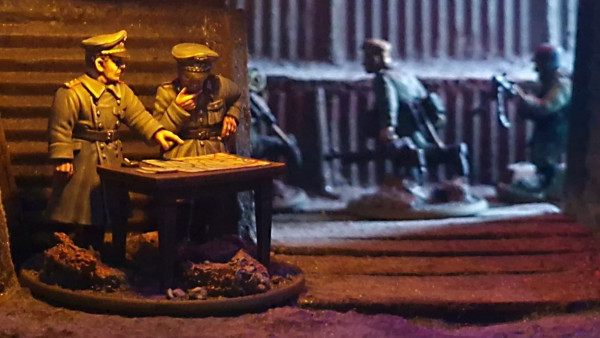


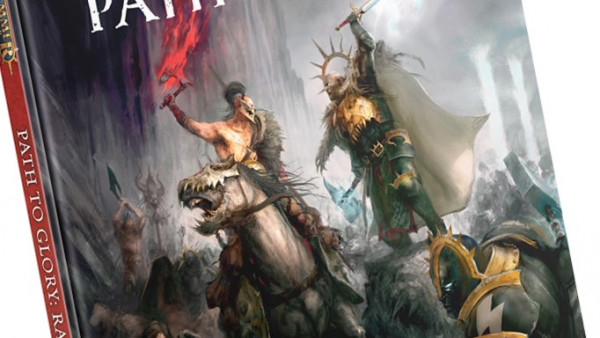


Became the next Wedgewood ?
Great use of the word ‘happenstance’.
Although I”m suspicious that you’re reviewing two abstract games that have chosen to adopt a similar theme (tiles and wallpaper…tiles) to Azul a couple of years after it previewed at Essen. I suspect the abstract nechanism came first as the underlay and the theme is laid on top.
Heck, if other themes can get overused, like Lovecraftian Cthulu, why not home decoration? Note my clue above for my upcoming carpet tile laying game previewing at Essen in 2020 – if only I had an abstract game mechanism… 😉
By Tiles, with Tiles, For Tiles
looks pretty fun (and pretty pretty)